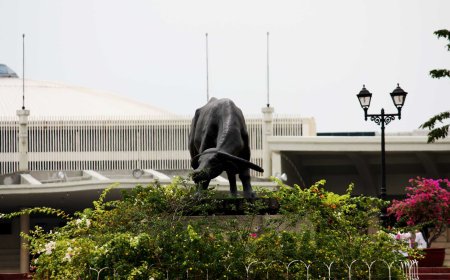What is the Origin of Crab Mentality in the Philippines?
Crab mentality—a phenomenon that undermines success and fosters competition. From colonial legacies to cultural dynamics, discover the factors shaping this mentality and its impact on the nation.
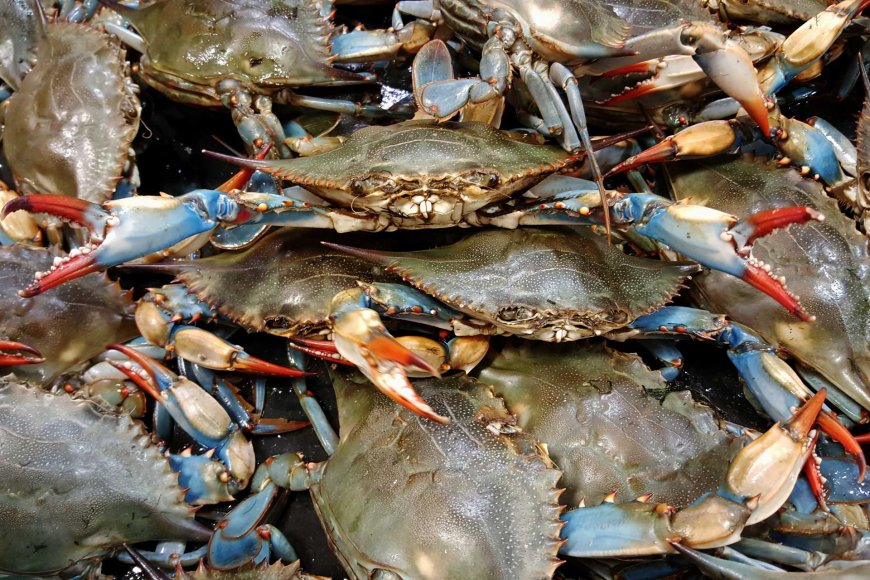
The Historical, Cultural, and Socioeconomic Roots of a Pervasive Phenomenon
Crab mentality, a metaphor often used to describe the behavior of individuals who try to pull down those who are achieving success, has been deeply ingrained in the social fabric of many societies. In the Philippines, this phenomenon is particularly pronounced and has been a subject of much contemplation and analysis. To understand its origin, one must examine the historical, cultural, and socioeconomic factors that have contributed to its prevalence in the Philippine society.
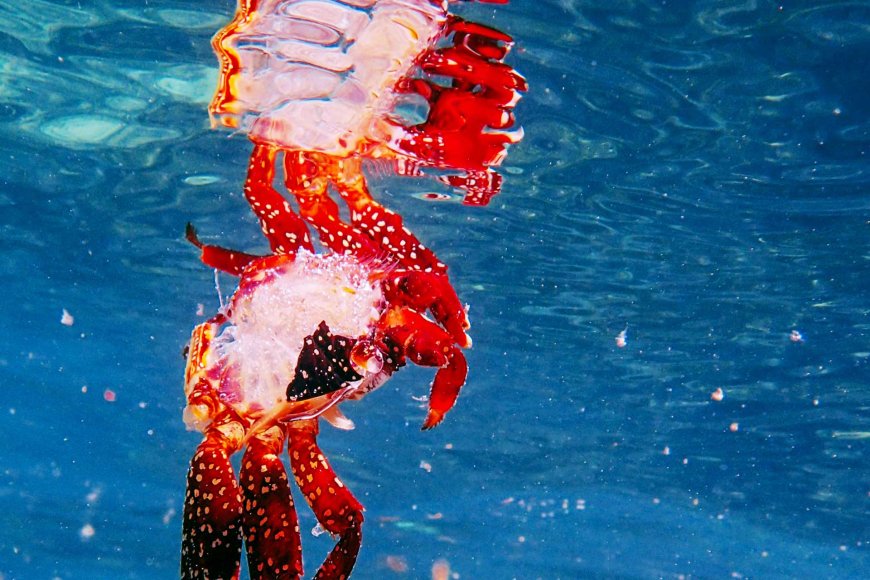
A Historical Perspective
The roots of crab mentality in the Philippines can be traced back to its colonial past. Centuries of colonization by various foreign powers, including Spain, the United States, and Japan, have left a lasting impact on the Filipino psyche. Under colonial rule, hierarchical structures were established, with a small elite class wielding power and wealth while the majority of the population struggled to survive.

This hierarchical system fostered a sense of competition and rivalry among the oppressed masses, as individuals vied for limited resources and opportunities. The scarcity mindset that permeated society led to a mentality of "every man for himself," where success was seen as a zero-sum game. This mindset, coupled with the pervasive influence of colonial ideologies that perpetuated divisions within society, laid the groundwork for the emergence of crab mentality.

Cultural Influences
In addition to its colonial legacy, crab mentality in the Philippines is also influenced by cultural factors, particularly familial and social dynamics. Filipino culture places a strong emphasis on close-knit familial ties and communal living, which can both nurture and exacerbate crab mentality.

Within Filipino families and communities, there is often pressure to conform to social norms and expectations, which can breed jealousy and resentment towards those who deviate from the norm or achieve success. This pressure to conform, coupled with the fear of standing out or being perceived as arrogant, can lead individuals to sabotage or undermine the success of others as a means of maintaining social cohesion and avoiding ostracism.
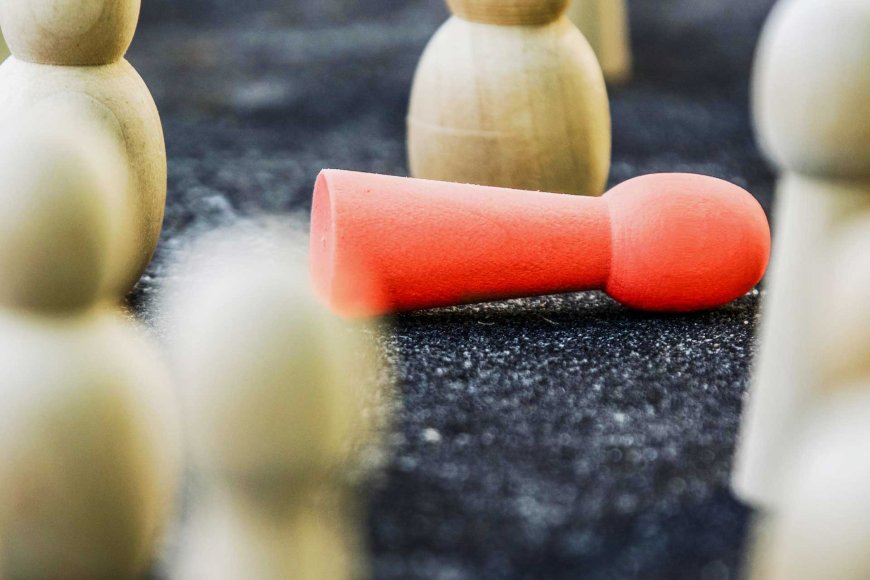
Moreover, the concept of "hiya" or shame plays a significant role in Filipino culture, wherein individuals are often discouraged from standing out or excelling for fear of attracting envy or resentment from others. This fear of standing out can manifest in behaviors associated with crab mentality, as individuals may downplay their achievements or even actively discourage others from pursuing their goals in order to avoid being targeted.

Socioeconomic Factors
Poverty and inequality are pervasive issues in the Philippines, with a significant portion of the population living below the poverty line. The stark divide between the wealthy elite and the impoverished masses exacerbates feelings of resentment and envy, fueling crab mentality among those who feel marginalized and disadvantaged.

In a society where access to education, employment, and opportunities for upward mobility is limited, competition for resources becomes fierce. This competition can breed a mentality of scarcity, where individuals view success as a finite resource that must be hoarded or guarded at all costs. Consequently, instead of collaborating and supporting one another, individuals may resort to tearing down their peers in order to secure their own survival and advancement.

Breaking the Cycle
While the origin of crab mentality in the Philippines may be deeply rooted in historical, cultural, and socioeconomic factors, it is not insurmountable. Efforts to address the underlying causes of this phenomenon, such as poverty, inequality, and the perpetuation of colonial ideologies, are essential in fostering a more supportive and collaborative society.
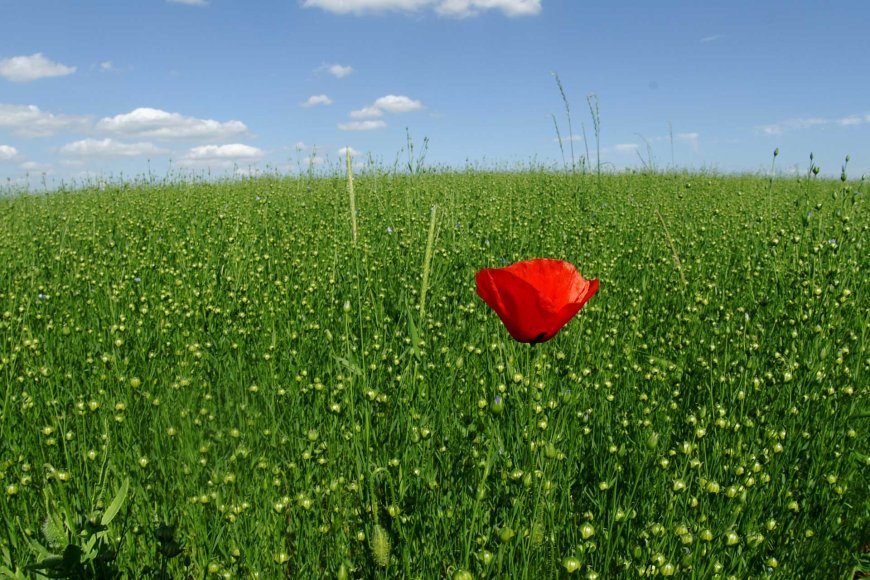
Empowering individuals through education, economic opportunities, and social programs can help break the cycle of crab mentality by providing avenues for self-improvement and collective advancement. Additionally, promoting a culture of inclusivity, empathy, and cooperation can help counteract the divisive effects of crab mentality and foster a sense of solidarity and mutual support within Filipino society.

Ultimately, unraveling the origin of crab mentality in the Philippines requires a multifaceted approach that addresses the complex interplay of historical, cultural, and socioeconomic factors. By understanding and addressing these underlying issues, we can work towards building a more equitable and inclusive society where success is not viewed as a zero-sum game, but rather as a collective endeavor in which everyone has the opportunity to thrive.
Find Cheap Flight Tickets to any Destinations in Japan and the Philippines
Nipino.com is committed to providing you with accurate and genuine content. Let us know your opinion by clicking HERE.



















































